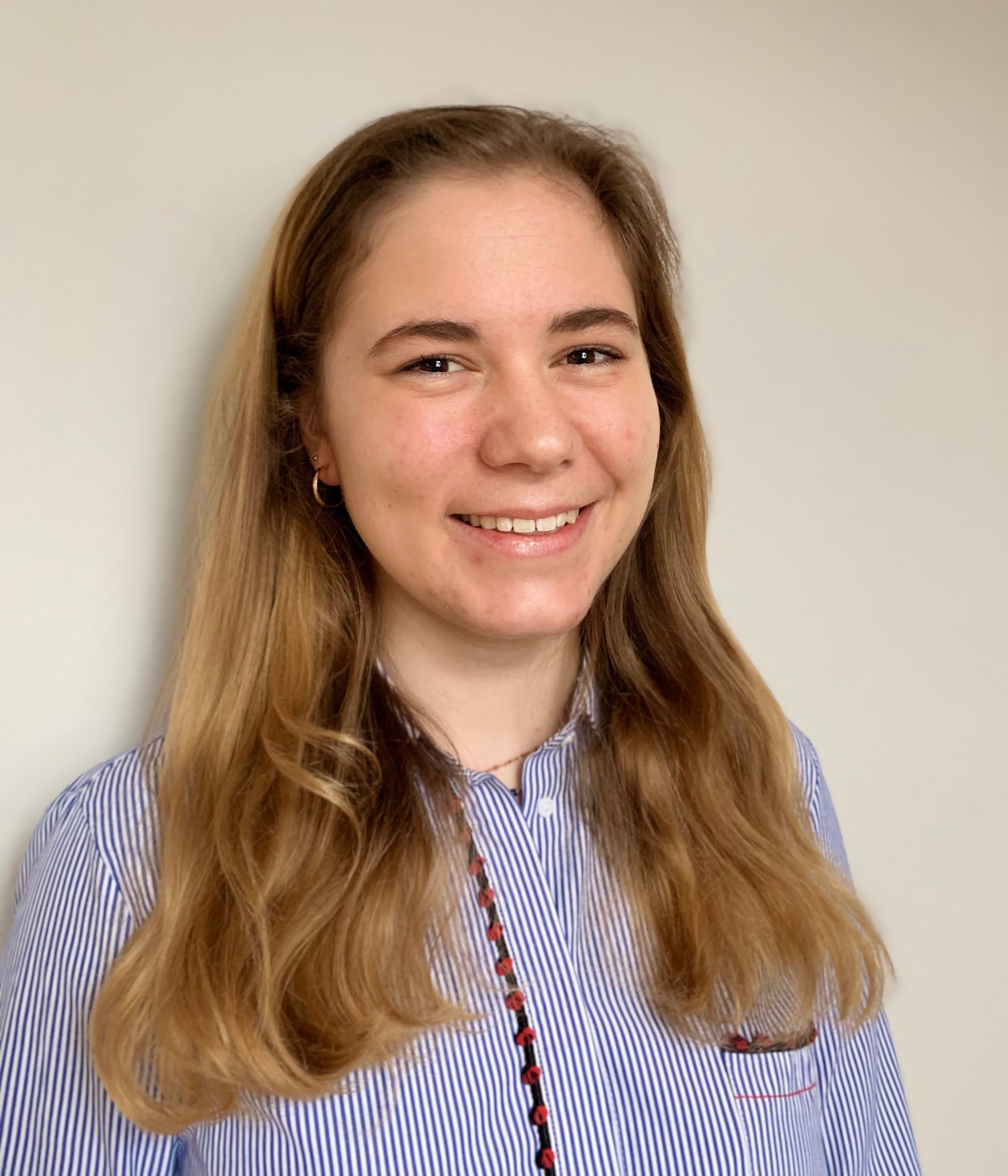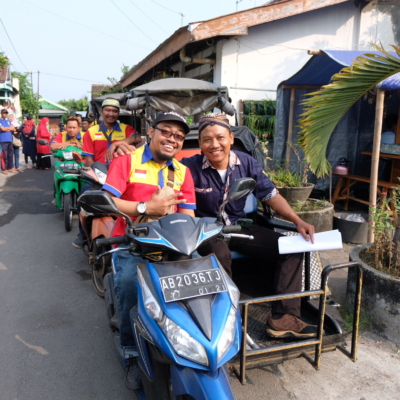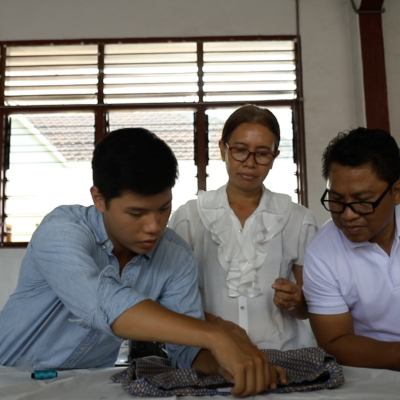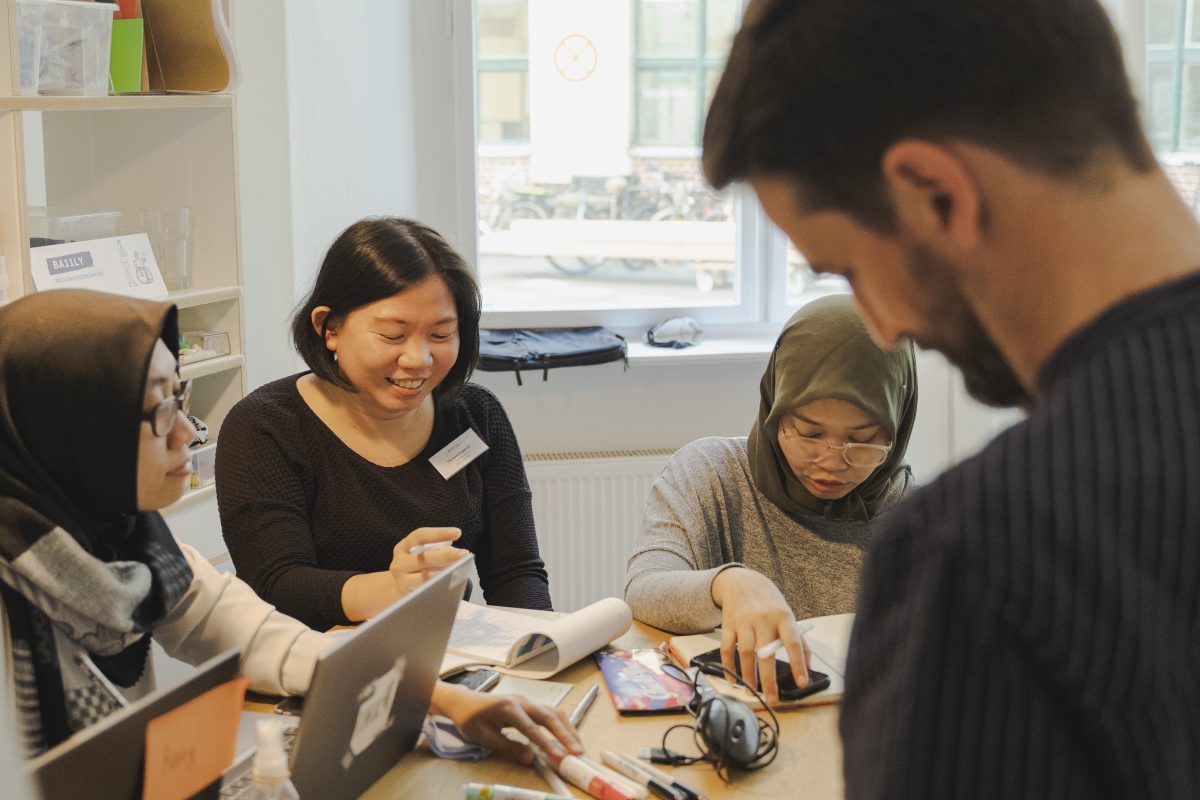
Ba11y is on a mission to push forward digital accessibility across Indonesia
The power of the web is in its universality
We all have heard it before: the Internet has been possibly the most prominent innovation in the field of mankind’s history. The advent of the web, and the digital era with it, brought infinite possibilities. It changed the way we learn, work, and socialize as we were no longer limited by distance or any physical boundaries, communication became instantaneous!
Exclusion in the “universal” space
While this type of connectivity can be life-changing for people of all walks of life, a sizeable number of individuals are systemically excluded from it. Web or digital experiences are inherently visual, the web is fraught with sites, tools, and apps that are practically unusable for people with disabilities, especially people living with visual impairments. Let’s put it bluntly: Inaccessibility equals exclusion. While the digital space derives its power from its universality, it is failing to accommodate the needs of a more than 15% of the world population, including about 26 million people in Indonesia.
There are no specific laws regarding digital accessibility in Indonesia yet, and disability related awareness is extremely low. Many applications, websites, or digital platforms do not have any policies or rules for A11Y (The abbreviation of accessibility — as in, “a”, then 11 characters, and then “y”). With little to no experience in the field, developers and designers often ignore the issue, or lack the knowledge or resources as rarely witness how people with disabilities use their technologies.
The solution for these difficulties is the newly created platform Ba11y. How does it work?
To address the challenge of inclusive digitalization, the BA11y team is developing a platform where organizations and People with Disabilities can work together to discover accessibility issues in their digital assets such as websites, documents, and applications. It invites active participation for underserved groups of users in Indonesia, in this case mainly users with visual impairments, to contribute by submitting reviews so that related stakeholders can have direct feedback to make the necessary changes.
“People with disabilities not only become the end-users but also the collaborators.”
Not only that, but BA11y’s automated tools will also scan accessibility issues based on WCAG (Web Content Accessibility Guidelines) as well as mobile platform accessibility standards and create a draft report. Both reports will be posted on the platform and everybody who has access to the platform can verify or comment on the issue.
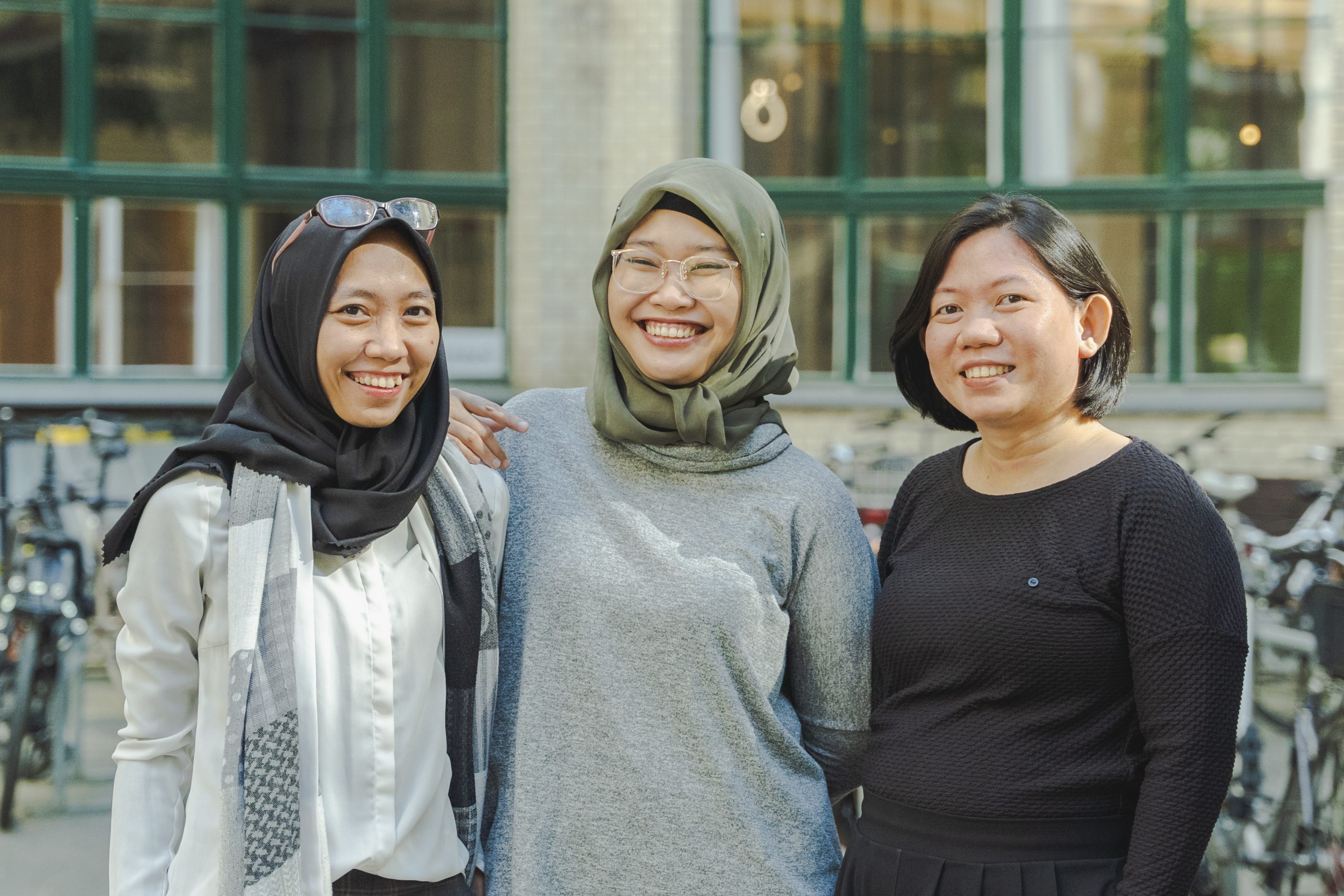
Ba11y is already generating traction, but the road ahead is still long
The team has been engaged with the community of People with Disabilities since 2017 thanks to their involvement with Suarise (an organization for enabling Disability Inclusion in The Digital Sector). Witnessing the challenges firsthand not only helped them shape their product in the right way, but also gave them access to a community of testers for continuous improvements. Many have tested the prototype of Ba11y and are extremely excited to have a way to report their difficulties.
“They’re excited to have a way to report any type of issue, and some have tested the prototype and already gave us good feedback. It is easier for them.”
The other half of the equation, stakeholders’ interest, is what’s harder to get a hold of. Most of the users are not receiving feedback after reporting accessibility issues. Imagine how frustrating it can be to spend time creating a report to only receive an answer from a chatbot.
On rare occasions, some users were contacted and had interviews with the companies, but no follow-up was done. The concrete progress or action from the companies is still missing.
Sounds inspiring! How can I help?
If you’re a developer, designer, or part of any company that operates through digital means or platforms, submit your website or application to Ba11y and they will provide you with feedback and a real evaluation from the community right away. In addition to making everyone’s lives easier and working towards achieving sustainable development goals, you will be able to reach wider audiences and even a better ranking in search engines. It is a humane and moral requirement, but it presents many pragmatic benefits too!
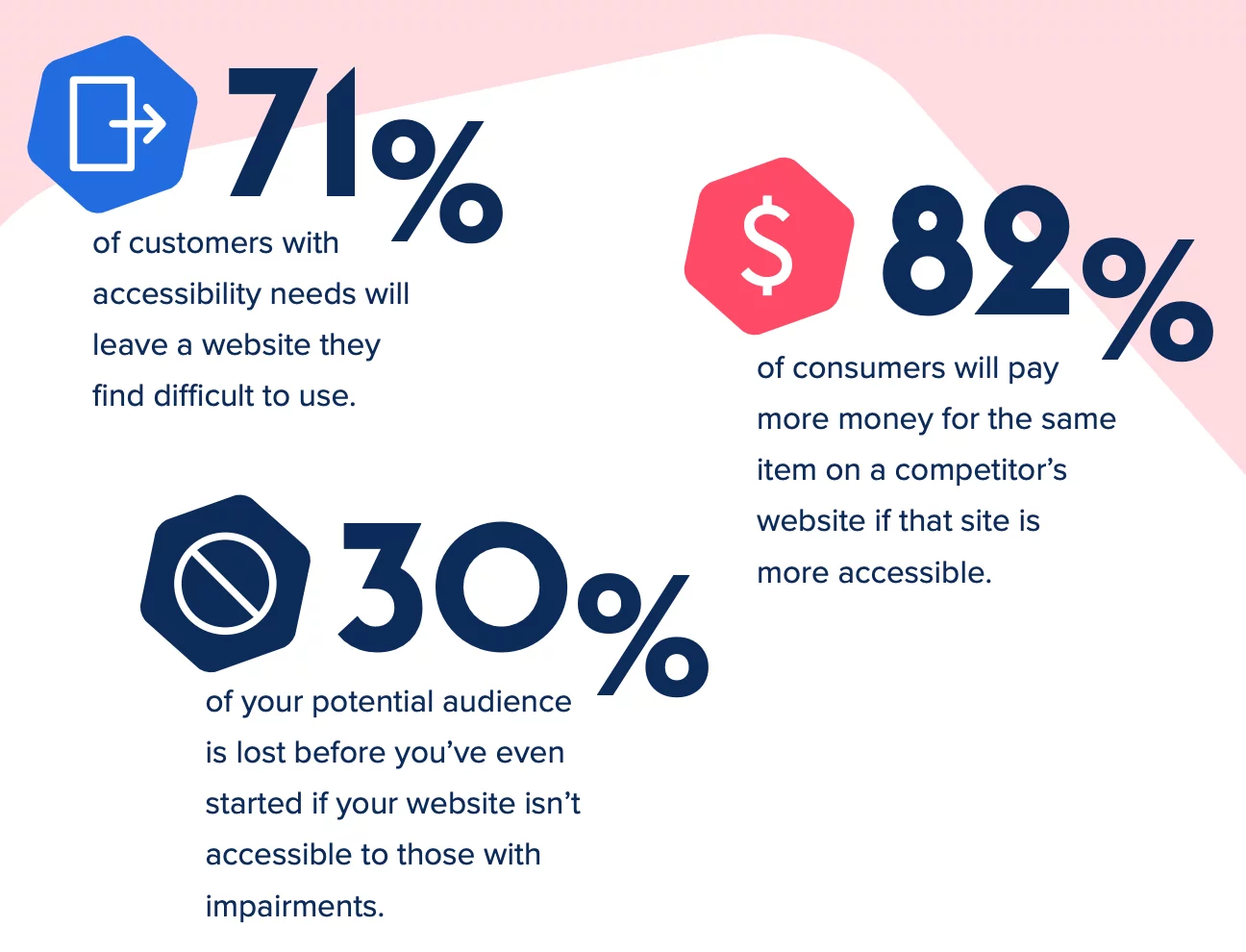
About the Decentralised Development Lab (DDLab)
DDLab (Decentralised Development Lab) is a 12-month incubation and acceleration program, offering teams from different countries coaching, training, expert exchange, and financial support to develop solutions and maximize social impact for specific challenges. The Decentralised Development Lab (DDLab) has been developed by the Deutsche Gesellschaft für Internationale Zusammenarbeit (GIZ) GmbH and commissioned by the Federal Ministry for Economic Cooperation and Development (BMZ) through the “Bund-Länder-Programm – German Government and Federal States Programme (BLP).” The project is implemented in collaboration with minds & makers GmbH and enpact.
This article was edited by Leyth Ben Jeddou.
